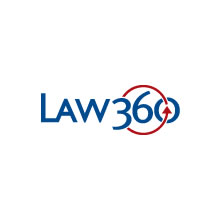This article was co-authored by Omar Madhany, Associate at Borden Ladner Gervais LLP [1], and Mike Delikat, who co-heads the Whistleblowing Taskforce at Orrick.
On February 27, 2019, the Ontario Securities Commission (OSC)—Canada’s largest securities regulator—announced that it had awarded $7.5 million to three whistleblowers who provided tips that led to enforcement actions. (see OSC news release here). The awards are the first ever made under Ontario’s whistleblower bounty program, which was patterned closely after the bounty provisions of Dodd-Frank. While these awards are small by comparison to recent SEC bounty awards of $54 million to two whistleblowers in September 2018 and a separate composite mega-award of $83 million to three whistleblowers in a single enforcement action on March 19, 2018, nonetheless these Canadian awards have garnered significant attention and press coverage in Canada.







